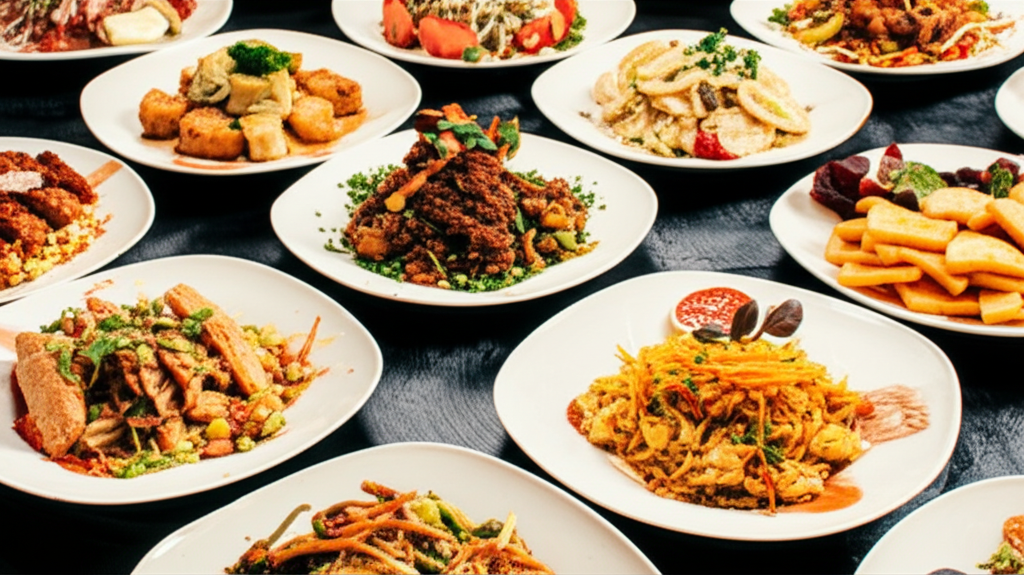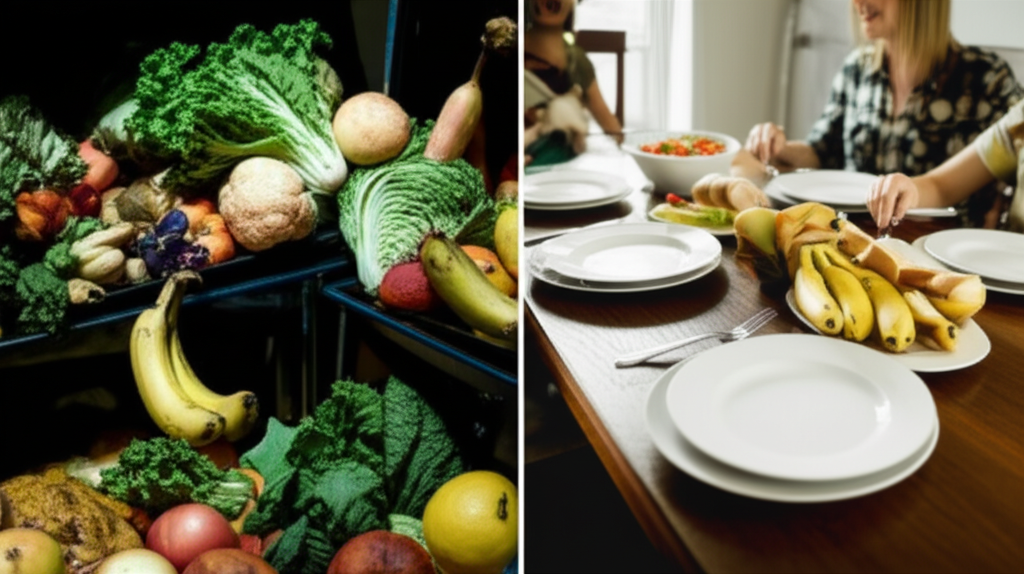Catering to Diverse Dietary Needs Within Halal Guidelines: A Revolution in Muslim Family Dining
AI-powered halal food delivery services are transforming the landscape of Muslim family dining, and a key element of this revolution is the increasing ability to cater to diverse dietary needs and preferences within the strictures of halal guidelines. It's no longer just about providing halal meat; it's about offering inclusivity and choice.
Halal certification is paramount, but it’s only the starting point. Many individuals within the Muslim community adhere to additional dietary restrictions beyond the basic halal requirements. These can include avoiding specific ingredients, following vegetarian or vegan lifestyles, managing allergies, or adhering to particular cultural preferences within the vast spectrum of Islamic dietary traditions.
One crucial aspect is accommodating different levels of dietary stringency. Some families might be more lenient regarding specific ingredients or processing methods, while others may follow extremely strict interpretations. AI-powered systems can help categorize and filter options based on these varying levels of adherence, allowing for personalized choices.
Allergy management is critical. Apps and platforms need to clearly and accurately display allergen information for every dish. This requires meticulous data entry and verification from participating restaurants, which AI can assist with by automating data collection and cross-checking against verified ingredient lists.
Beyond allergies, many Muslims follow specific diets for health reasons or personal preference. Vegetarian and vegan halal options are becoming increasingly popular, driven by growing awareness of ethical and environmental concerns. AI can help curate and highlight these options, making them easier to find amidst a wider range of choices.
Furthermore, cultural variations in halal cuisine must be considered. Different regional interpretations of halal food exist, with varied spice profiles, cooking methods, and preferred ingredients. An effective AI-powered system should account for this diversity, allowing users to filter by region or cuisine type to find dishes that resonate with their cultural background.
In conclusion, the success of AI-powered halal food delivery services hinges on their ability to navigate this complex landscape. By embracing sophisticated filtering, accurate data management, and a focus on inclusivity, these services can genuinely revolutionize how Muslim families access ethically sourced, convenient, and personally tailored meals.












